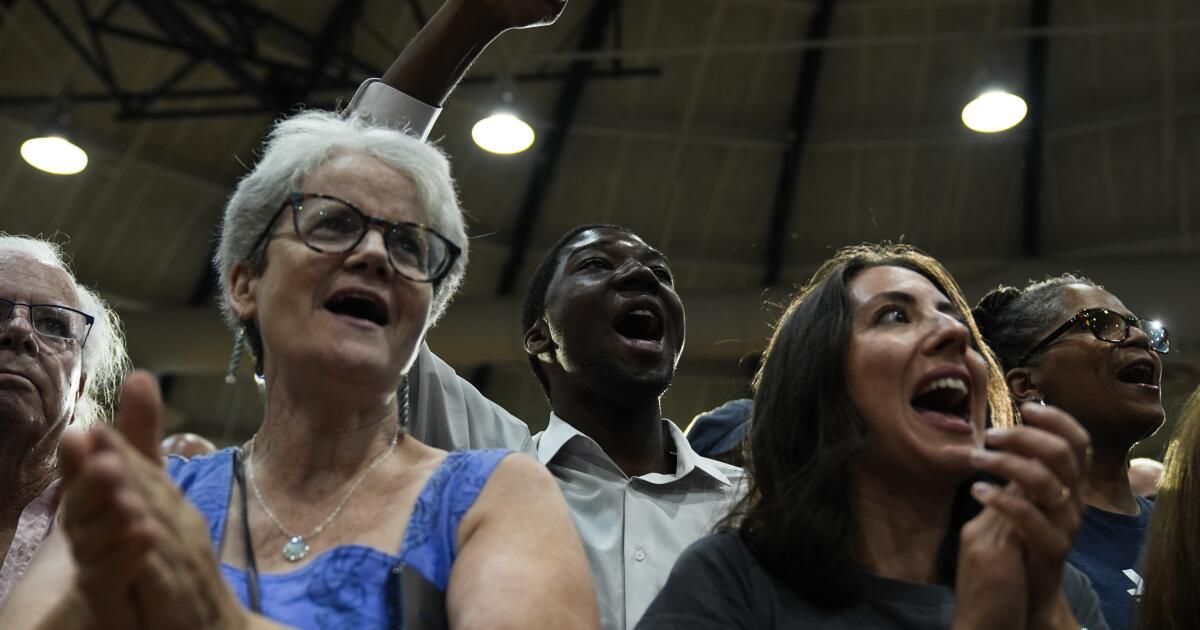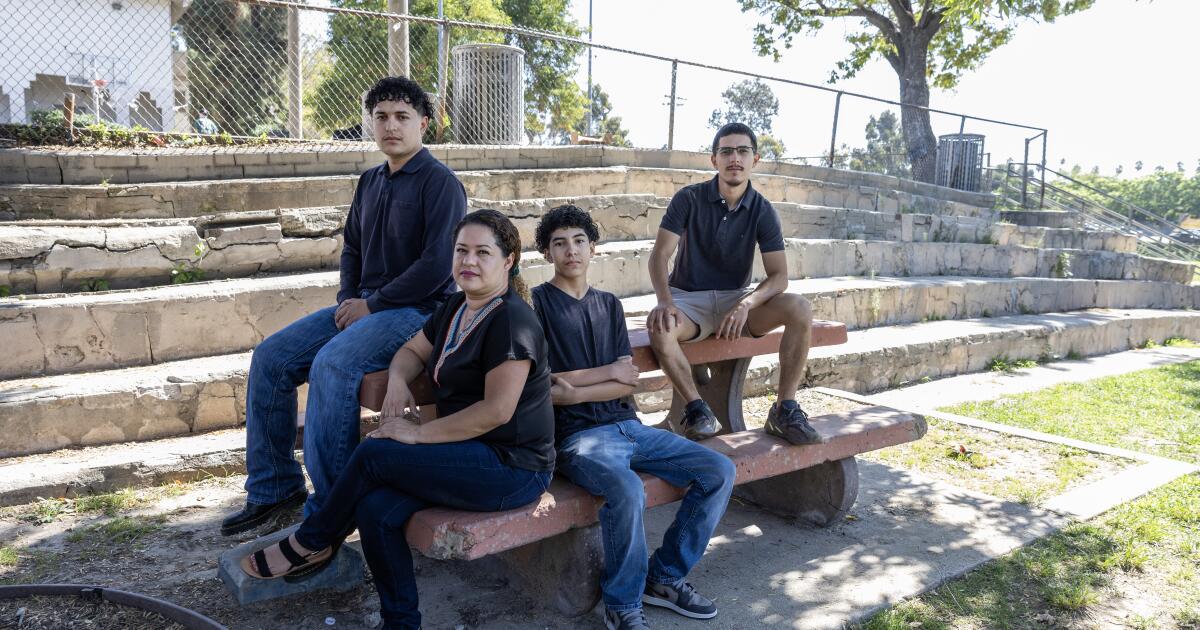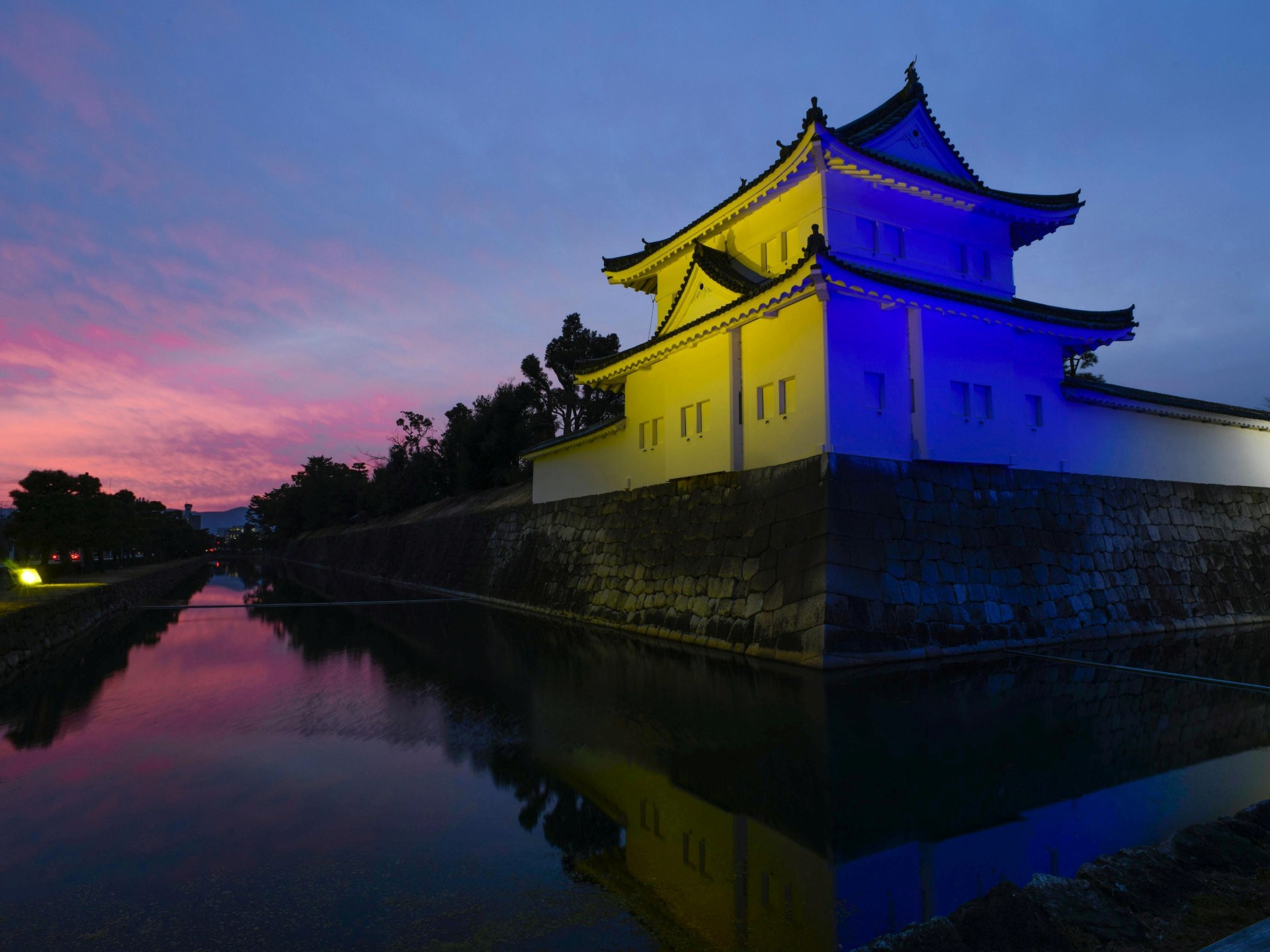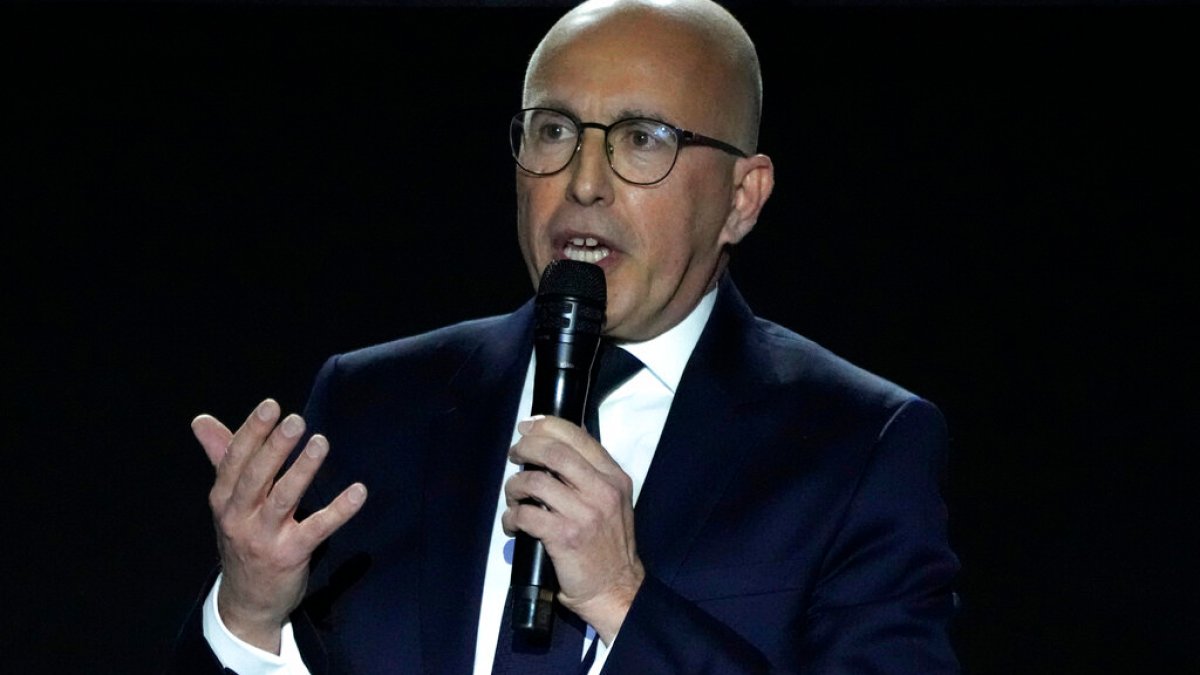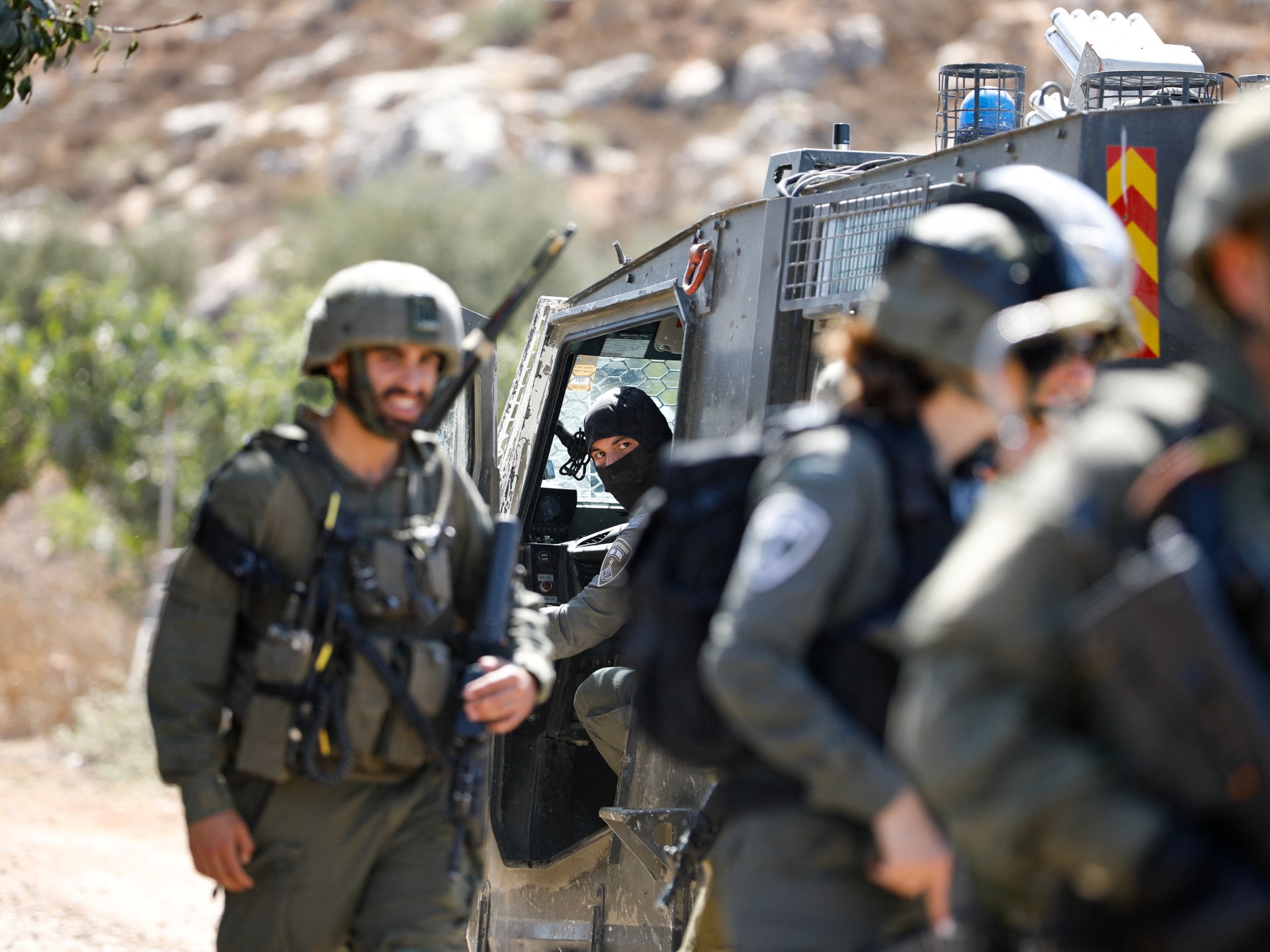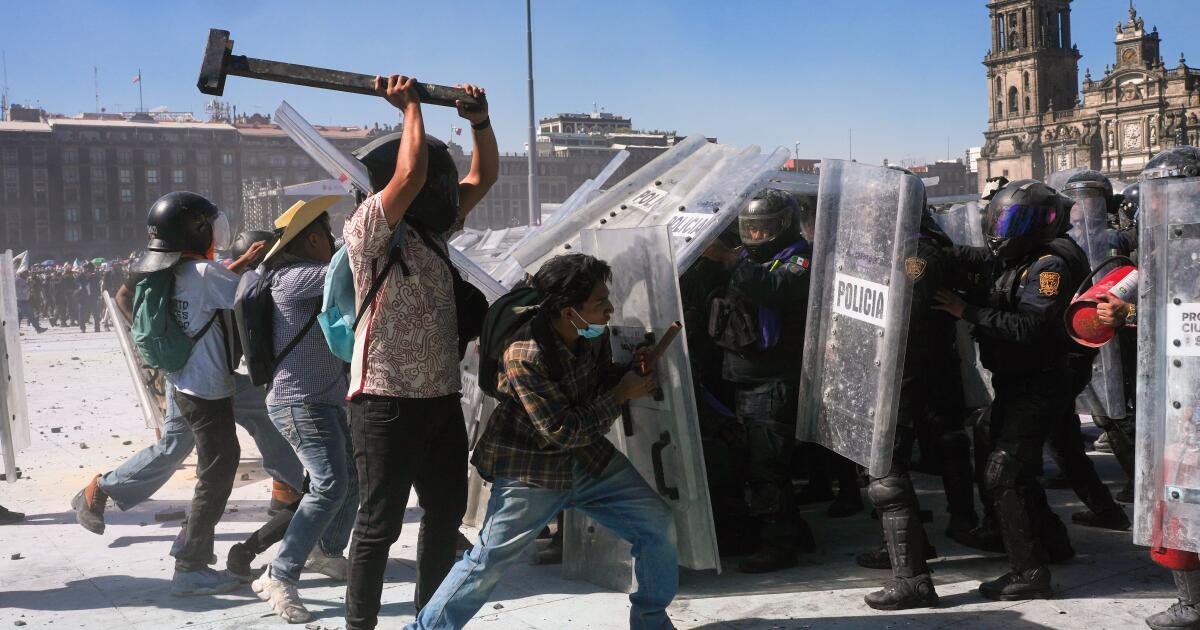Disabled voters for Harris. White men for Harris. Crazy cat women for Harris.
Since Vice President Kamala Harris rose to prominence as the likely Democratic candidate Since she filed for presidential office a week ago, a surge of identity-based grassroots groups have sprung up online to support her. Late-night calls are raising millions of dollars and securing hundreds of volunteers, drawing comparisons to the grassroots efforts that propelled former President Obama to victory in 2008.
But in 2024, in an era when identity determines much of politics, the rise of the first Black woman and first Asian American to be nominated for president by a major party is bringing more identity groups into the spotlight.
“This is unprecedented diversity in the political landscape,” said Pei-Te Lien, a professor in the Identity Politics program at the University of California, Santa Barbara. “That’s another reason why the term ‘identity group’ comes up, because we also see identity being recognized and used as a lobbying tool in campaigns, at an unprecedented level.”
Within hours of President Biden announcing he would not seek reelection and endorsing Harris as his replacement candidate, more than 44,000 Black women and their allies from across the country rallied online and raised more than $1.5 million, according to organizers. The model of that event, organized by Win With Black Women, was replicated the next day by Win With Black Men, which organizers say brought together 45,000 Black men and raised $1.3 million.
“It’s a natural thing,” said Los Angeles City Councilmember Nithya Raman, who attended a Zoom call for South Asians supporting Harris last week. “I think people are clear about what this moment means. I think they just feel a sense of hope that we can actually defeat Trump, and we can do it with a candidate who reflects the America that all of these immigrants live in.”
With less than 100 days until the election and a new candidate at the helm of the Democratic Party, the outpouring of groups — including Latino Men for Harris, Caribbean-Americans for Harris, Dads for Kamala and Native Women + Two Spirit for Harris — are motivated by a “sense of crisis,” Lien said.
“They feel like we’re not part of the mainstream, that we can’t have too much influence,” he said. “But we feel like we need to do our part to be able to help change the course. To prevent, basically, the coming apocalypse or whatever.”
This year, former President Trump has deliberately courted black and Latino voters and has garnered greater support from minority groups than in his previous two campaigns, but there are fewer groups organized around the Republican identity.
Last week, when white women took to Zoom to support the Democrat, a technical glitch forced the livestream to end abruptly just minutes after it began. Organizers later revealed the reason in a Zoom message: “You are officially hosting the most-registered Zoom webinar in our history!”
“Kamala Harris broke Zoom!” one of the hosts exclaimed.
Some of the white women who logged on said the idea of supporting Kamala Harris as an identity group was necessary and empowering, but also uncomfortable.
“I have to admit, when I was writing something, I was like, ‘Karens for Kamala,’” said Connie Britton, the actress who played Tami Taylor on “Friday Night Lights.” “Why is it so hard for us to recognize and address ourselves as white women?”
Monday's “White Dudes for Harris” rally, attended by 193,000 people, shared a similar awareness.
“What a variety of whiteness,” joked actor Bradley Whitford. “It’s like a rainbow of beige.”
Ross Morales Rocketto, the group’s lead organizer, said many people expressed discomfort with the concept of White Dudes for Harris. He understood their misgivings: “Throughout American history, when white men have organized, they’ve often done so in pointy hats.”
“The reason we’re doing this is because the left has been caving to white men on the MAGA right for too long,” Rocketto said, noting that Trump had won more than 60% of the white male vote in 2016 and 2020. “That’s going to end tonight. We know that the silent majority of white men are actually not MAGA supporters.”
But other attendees, like Jeff Bridges, who played Dude in “The Big Lebowski,” proudly wore their White Dudes for Harris caps.
“A friend emailed me today about your hat and I said, ‘I have to have one of those. I’m eligible… I’m white, I’m a man, and I’m for Harris,’” Bridges said.
The group attracted negative attention and ridicule from conservatives.
“They should give her a more appropriate name,” Donald Trump Jr. wrote in X. “Like Cucks for Kamala.”
Before Shannon Watts, the activist and founder of the gun control group Moms Demand Action, organized the white women's meeting, she called Jotaka Eaddy, the organizer of the Black women's Zoom, for advice.
“She told me that white women had to come together as a community to do the work,” Watts said. “Because our work is very different.”
In addition to acknowledging their privilege, criticizing white supremacy and patriarchy, addressing the toxicity of online politics, and offering practical campaigning tips, the more than 164,000 women who rallied online raised $2 million in 90 minutes. The white men’s rally raised $4.2 million.
“A lot of white people don’t want to be identified with that white guy,” said Lien, the UCSB professor. “Identity matters only because they don’t want to be lumped in with … white supremacists.”
Christopher Parker, a political science professor at the University of California, Santa Barbara, pointed to the 2016 election, when former Secretary of State Hillary Clinton — then the first woman to lead the Democratic ticket — lost to Trump. In 2020, he said, Democrats had coalesced around Biden but “were voting more against Trump than for Biden.”
Harris enjoys a double advantage, according to Parker: voters enthusiastic about her as a candidate and anti-Trump voters.
“In 2020, people understood very well that this was an existential threat that Trump posed,” he said. “That’s there, but there’s also enthusiasm for his candidacy and what he represents symbolically, and what he can do on policy.”
The Harris campaign has largely refrained from directly engaging with the various group calls, except when Second Gentleman Doug Emhoff surprised a group of gay and queer Black men by joining a call last week.
On Tuesday, Harris announced she would lead a “National Organizing Call,” open to all identities.

